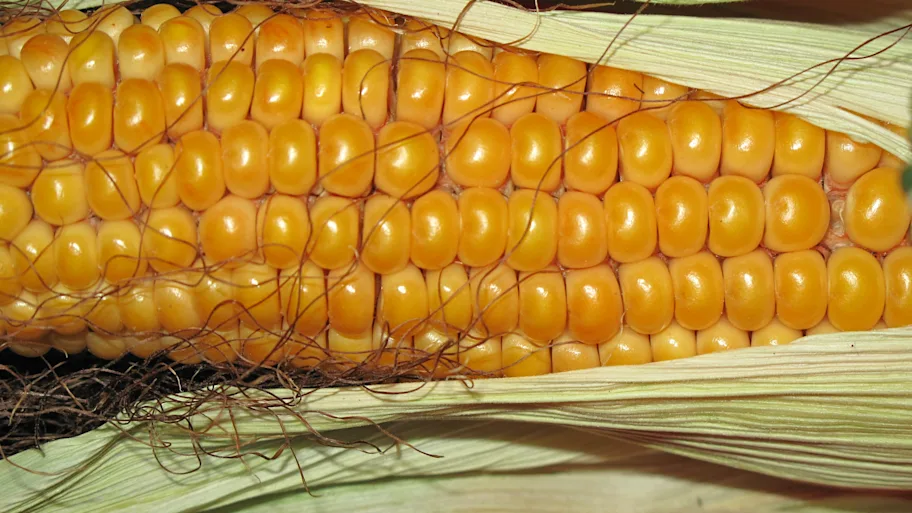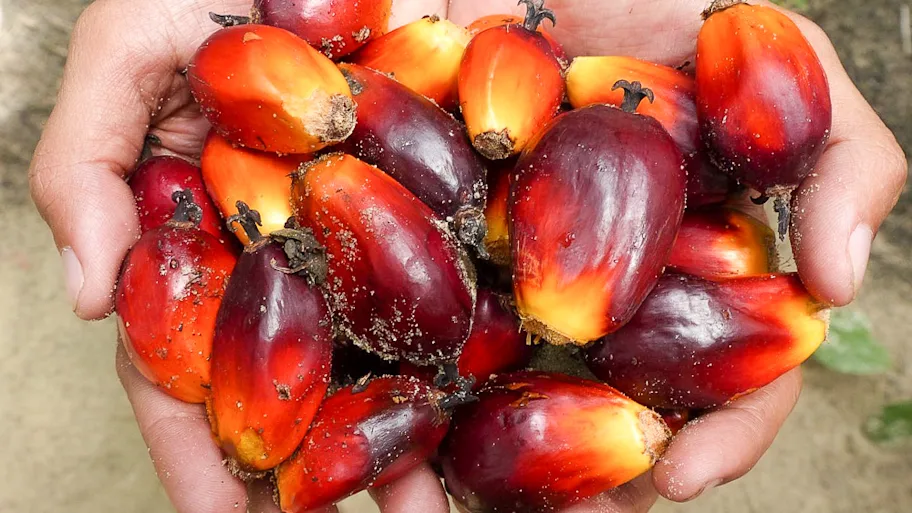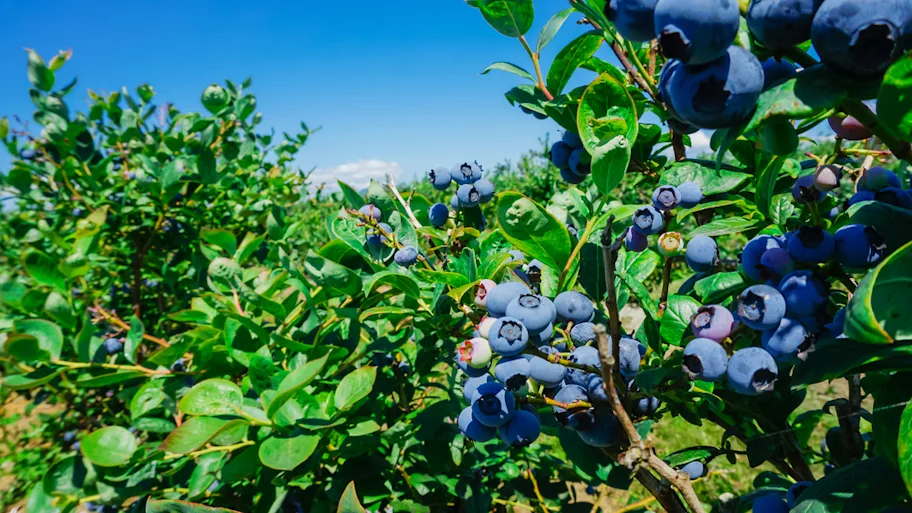
- Science news
- Climate action
- Our toilets can yield excellent alternatives for widespread polluting fertilizers
Our toilets can yield excellent alternatives for widespread polluting fertilizers
By Mischa Dijkstra, Frontiers science writer

Scientists show that the yield of cabbages grown on soils supplied with two modern nitrified urine fertilizers recycled from human urine is approximately equal to the yield when soils are fertilized with commercial vinasse. The exclusive use of compost recycled from human feces gave a slightly lower yield, but such compost is expected to give extra carbon to soils when combined with nitrified urine fertilizers. Importantly, pharmaceuticals in feces ended up in the edible plant parts only in negligible amounts, implying that fertilizers recycled from human excreta are not only productive but also safe.
To tackle the climate crisis, biodiversity loss, and pollution, humanity will need to move to a circular economy, where all resources are recycled. Why not recycle our own body waste too as fertilizer, provided there is no risk that harmful microbes or traces from pharmaceuticals end up in the consumed crops? Most nutrients needed for plant growth occur in human urine and feces. Urine is especially rich in nitrogen and potassium, and also contains trace amounts of metals such as boron, zinc, and iron. Feces could in theory supply other nutrients such as phosphorus, calcium, and magnesium or valuable organic carbon to soils.
Now, a new study in Frontiers in Environmental Science has shown that modern ‘green’ products recycled from human excreta are excellent – and importantly, safe – fertilizers for agriculture.
First author Franziska Häfner, a PhD student at University of Hohenheim, Stuttgart, Germany, said: “Here we show that products derived from recycling human urine and feces are viable and safe nitrogen fertilizers for cabbage cultivation. The fertilizers from nitrified human urine gave similar yields as a conventional fertilizer product, and did not show any risk regarding transmission of pathogens or pharmaceuticals.”
“The combined application of nitrified urine fertilizers and fecal compost led to slightly lower crop yields, but may increase soil carbon content in the long term, promoting climate-resilient food production.”
Häfner and colleagues compared the marketable crop yield of white cabbage grown between June and October 2019 at the Leibniz Institute of Vegetable and Ornamental Crops on plots with sandy, loamy, or silty soil enriched with four recycled fertilizers, applied gradually over the growing season. As a benchmark fertilizer, the researchers used commercially available organic vinasse, produced through the fermentation of biomass residues from bioethanol production.
Collecting urine and feces separately
They also tested two so-called ‘nitrified urine fertilizers’ (NUFs), modern products synthetized from human urine that has been collected separately from feces, in which nitrogen-bearing compounds are converted by microbes into valuable ammonium and nitrate. The first NUF was Aurin, recently approved for use in human agriculture in Switzerland, Liechtenstein, and Austria. The second was CROP (combined regenerative organic food production), developed by the Institute of Aerospace Medicine of the German Aerospace Center to recycle wastewater on Moon or Mars bases. Unlike Aurin, which is already on the market and for which most pharmaceuticals are filtered out and most pathogens are killed during the production process, the CROP filter system is still under development. For this reason, Häfner et al. used CROP fertilizer derived from sterile synthetic urine in the present study. The effects of the NUFs on cabbage growth were tested both when applied separately to the soil, or in combination with fecal compost, recycled from dry toilets.
Download original article (pdf)
The marketable yield, defined as the parts of the cabbages that can be sold, ranged from 35 to 72 metric tons per hectare. This yield was highest for plots fertilized by Aurin, CROP, or vinasse, lowest (between 20% and 45% lower, depending on soil type) for plots fertilized by fecal compost alone, and intermediate for fecal compost augmented with NUFs. Yield was highest on sand, intermediate on silt, and lowest on loam. These results indicate that soils fertilized with NUFs are as productive as those supplied with widely used commercial vinasse.
Low risk from pharmaceuticals in fecal compost
The authors also screened for the presence of 310 chemicals in the fecal compost, from pharmaceuticals to rubber additives, flame retardants, UV filters, corrosion inhibitors, and insect repellants. Only 6.5% of these were present above the limit of detection in the compost, albeit at low concentrations, including 11 pharmaceuticals. Among the latter, only the painkiller ibuprofen and the anticonvulsant and mood-stabilizing drug carbamazepine were detectable in the edible parts of the cabbages, at markedly low concentrations (between 1.05 and 2.8 μg per kg). This means that that more than half a million cabbage heads would need to be eaten to accumulate a dose equivalent to one carbamazepine pill.
“In general, the risk for human health of pharmaceutical compounds entering the food system by means of fecal compost use, seems low,” concluded the authors.
‘Huge potential’
Lead author Dr Ariane Krause, a scientist at the Leibniz Institute of Vegetable and Ornamental Crops in Großbeeren in Germany, said: “Our study results demonstrate that nitrified urine fertilizers such as Aurin and CROP have a huge potential as fertilizer in agriculture. They argue for a greater use of these recycled products in the future.”
“If correctly prepared and quality-controlled, up to 25% of conventional synthetic mineral fertilizers in Germany could be replaced by recycling fertilizers from human urine and feces. Combined with an agricultural transition involving the reduction of livestock farming and plant cultivation for fodder, even less synthetic fertilizer would be necessary, resulting for example in lower consumption of fossil natural gas.”
REPUBLISHING GUIDELINES: Open access and sharing research is part of Frontiers’ mission. Unless otherwise noted, you can republish articles posted in the Frontiers news site — as long as you include a link back to the original research. Selling the articles is not allowed.






